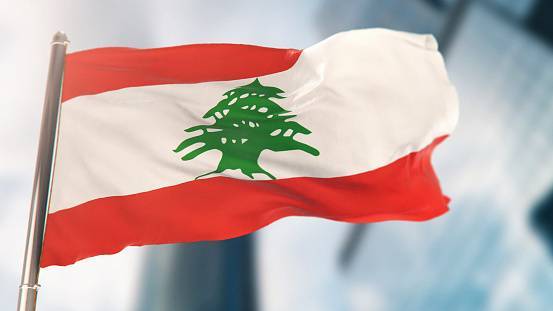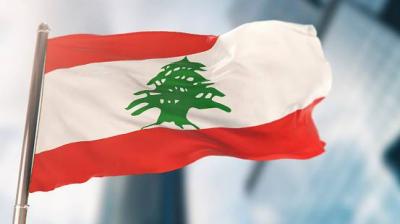The upcoming week will commence with the non-binding protocol meeting for the designated President Najib Mikati through parliamentary consultations that will bring him together with parliamentary blocs in the House of Representatives. From these consultations, he aims to gain a general understanding of the demands from various political forces, whether directly or generally, concerning the shape of the upcoming government and its broad outlines for future work.
The process of forming a government does not seem easy amid several proposals being circulated, primarily the idea of presenting a cabinet made up of some new names while retaining the old ones, under the assumption that the lifespan of this government is very short and will turn, if formed, into a caretaker government by late October after President Michel Aoun leaves the Baabda Palace.
At the same time, several questions arise regarding the path the country will take as it has just emerged from an electoral process that brought representatives reflecting the true will of the people. In this context, independent MP Ghassan Skaf stated that "correct change is a cumulative process, and as new MPs, we must establish a transitional phase. The question is whether the government that will be formed is a transitional government or a political government that will take over after the president's term ends?"
In an interview with "Al-Anbaa" electronic, Skaf said, "If the government is not formed within a week, we must go to early presidential elections, because reforms must start from the administration and end with politics, not the other way around." He considered the failure of 46 MPs to name anyone during consultations a mistake.
He asked, "How can a person remain neutral in this dark time the country is going through?" He argued that the three tests faced by sovereign forces in electing the Speaker of the House, the Deputy, and then the parliamentary consultations have provided free gifts to the authority's team, questioning the commitment of Christian MPs to the covenant when none nominated anyone to form the government from a total of 64 MPs. He expressed uncertainty about the seriousness of forming a government, believing that Mikati's designation means we are heading for no government formation, as we are in a country where caretaker governance has become normal, presidential vacancy is acceptable, and the extension of parliament has been justified with constitutional fatwas, as if we are facing a ruling stroke, stating that history will not forgive these rulers who have abandoned their responsibilities.
While Skaf views the current phase as one of the worst experiences, he called for the formation of a rescue emergency government to implement the required reforms to try to set Lebanon on the path to recovery, as we no longer have the luxury of time; stopping the collapse is urgent.
Meanwhile, MP Ahmed Al-Khair expressed hope for the rapid formation of the government, criticizing in a conversation with "Al-Anbaa" electronic those with neutral positions, adding, "If there were strong will from some, they would not have used the white paper." He ruled out the formation of a government of specialists, pointing out that we are facing a new parliament shaped by voter voices, and there are significant political forces whose roles cannot be denied; therefore, a political or techno-political government must be formed.
Once again, the country is faced with options, the least favorable of which is bitter, while all sectors have entered a stage of lethal danger, from health to education, telecommunications, transportation, and others, and above all, the people's bread has also started being sold on the black market.




